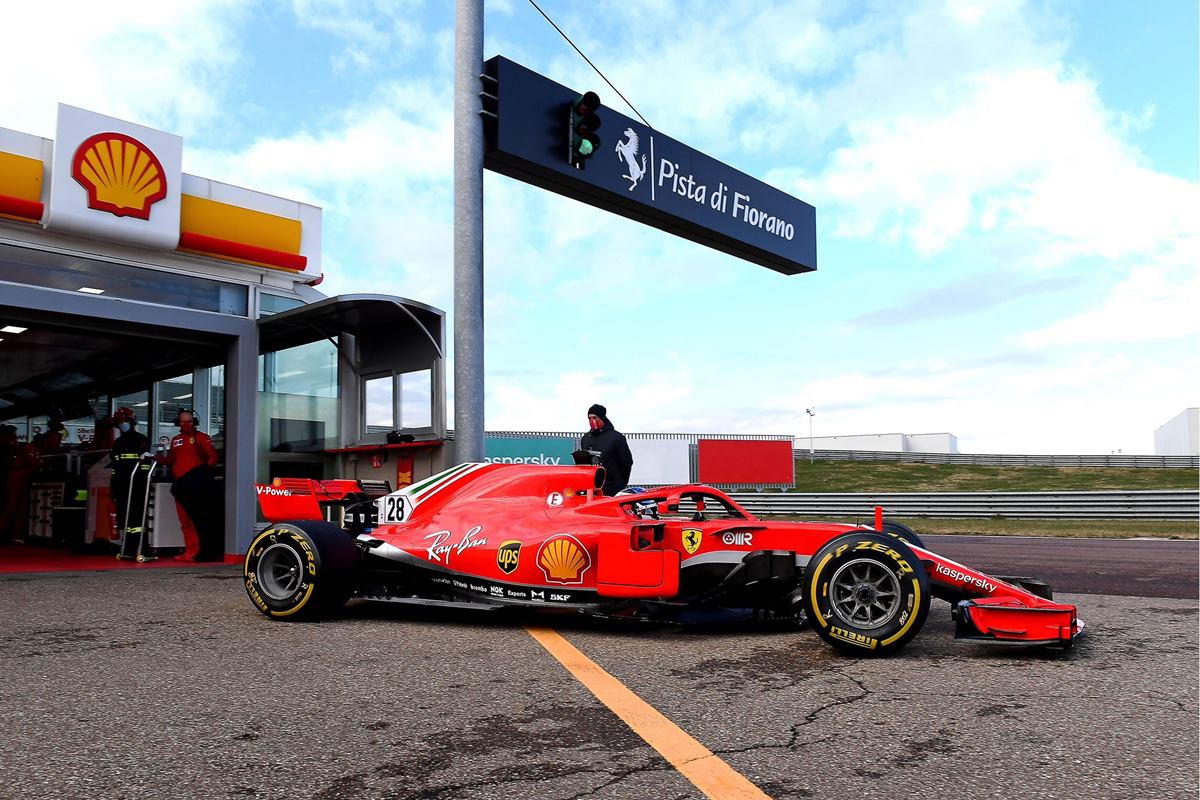Ahead of the 2020 Formula1 season, as many as seven Ferrari’s rivals, namely McLaren, Mercedes, Racing Point, Red Bull, Renault, Alpha Tauri and Williams teams demanded a “full and proper disclosure” over the months-long investigation into Ferrari’s 2019 engine as there were rumours that the Italian team had been involved in cheating. Now, a season later, former Formula One driver and current F1 Stewart Mika Salo has revealed the secret agreement that caused a massive loss in power which was one of the main reasons why Ferrari and its customer teams have such a massive drop off in performance in 2020.
Salo told Finnish rally driver Kristian Sohlberg that the agreement with the authorities predicated some penalties on the great Italian team. FIA punished Ferrari and its customer teams by forcing them to use less fuel which was one of the main reasons behind the loss of power.
“They suffered from Ferrari’s cheat last year because they had Ferrari engines and were forced to use less fuel, so I think so Alfa Romeo may be in a good position if they can perform at their best in the race this season,” said Salo while speaking about the chances of Alfa Romeo F1 team which will be using a new Ferrari power unit.
“I don’t know if it’s a new engine but they’re allowed to use it to its full power. They were not allowed last year because of Ferrari,” Salo clarified when asked if Ferrari is getting out a new engine this season.
Reports suggest that Ferrari is indeed bringing an all-new power unit in 2021 and possibly in 2022 too. Alfa Romeo boss Fred Vasseur and Ferrari chief Mattia Binotto have already stated that Ferrari will have a competitive power unit in 2021 which will not be the worst on the grid.
FIA had then announced that it had concluded what it described as “a thorough technical investigation” into Ferrari’s 2019 engine.
In the statement, the FIA said it was “not fully satisfied” that nothing untoward had taken place, “but decided that further action would not necessarily result in a conclusive case due to the complexity of the matter and the material impossibility to provide the unequivocal evidence of a breach.”
It added that it wanted to avoid the risk of a drawn-out legal process and had “decided to enter into an effective and dissuasive settlement agreement with Ferrari to terminate the proceedings.”

